As with all mammals, the immune system of young foals is not well developed at birth. In many mammals, the mother's placenta already allows some antibodies to pass through, but this is not the case in horses. A foal is therefore completely dependent on the colostrum for the formation of antibodies. Colostrum is the milk a mare produces immediately after birth. It contains the most important antibodies. It is therefore very important that a foal consumes sufficient colostrum as quickly as possible. Foals that do not ingest enough colostrum are more likely to fall ill.
How does a foal's immune system work?
The immune system is a complex system based on fighting off invaders. Many different cell types and mechanisms play a role in this. It goes too deep to cover everything here, so only the rough outline will be discussed.
When an adult animal (or human) comes into contact with pathogens, the immune system is activated. The immune system reacts by forming antibodies. These are substances that (counter)act against the pathogen and are therefore very specific. Antibodies are only formed when the immune system comes into contact with the pathogen. Fortunately, the immune system is present everywhere in the body, not only in the skin but also, for example, in the blood, nose and lungs. When the immune system first comes into contact with a pathogen, it takes a little longer for antibodies to form. As soon as antibodies have been formed against a pathogen, the immune system notices this. Every time the body comes into contact with this specific pathogen, the immune system reacts. This happens faster and more effectively. Unless the immune system comes into contact with the specific pathogen over a period of time, it forgets how to make the antibodies and has to go through the whole process again.
Young animals, on the other hand, do not have a very well developed immune system. It takes them much longer to produce antibodies, and often too few antibodies are produced. Many animals are born with a variety of different antibodies that they inherit from their mothers. In addition, it receives various other antibodies via the milk. Foals are completely dependent on milk for the formation of antibodies. These antibodies are very important for the animal to support its own immune system against any new invaders.
Why is colostrum so important for a foal?
As previously mentioned, a foal does not receive antibodies at birth and relies on the antibodies in its mother's milk. The level of antibodies in breast milk is only high enough to feed the foal for the first 24 hours, after which it decreases. In addition, the intestinal wall of a foal is less and less able to absorb the antibodies. In order for a foal to receive sufficient antibodies, it is necessary for it to consume at least 2 liters of colostrum in the first 24 hours of life. Colostrum is the first milk a mare produces after birth and contains the highest concentration of antibodies. The first 6 to 8 hours are the most important. After 24 hours, the intestinal wall "closes" and the foal is no longer able to absorb antibodies from the milk. It is very important that colostrum is not wasted. If the foal does not want to drink from the mare, it is best to milk the mare and store the milk afterwards.
When is a foal's immune system well developed?
It then takes about 6 months for a foal's immune system to develop optimally. From then on, the foal is only able to quickly produce antibodies itself. Before that, they largely rely on the antibodies they picked up early in life.
What are the causes of low antibodies in foals?
Part of the reason a foal doesn't get enough antibodies is down to the foal. But the mare and the circumstances also play an important role.
If a foal doesn't drink fast enough, it won't get enough antibodies. This can happen because the foal is sick, limp, or very large. A changed physique, not getting up on time, a difficult birth and distraction (e.g. from people) can also be reasons for not drinking fast enough. Meconium buildup can also keep a foal busy pushing and therefore unable to drink in time.
Mares can have problems with the quality of the colostrum (e.g. due to an udder infection or a weakness in the mare). A common problem is that the mare loses too much milk just before parturition, resulting in only normal milk being produced after parturition and no colostrum. There can also be problems preventing the mare from letting the foal drink. Pain is a very important cause and often occurs with mastitis. A contracting uterus can also result in the mare not paying enough attention to the foal and not standing still enough to let the foal drink. Even inexperienced mares can cause problems, sometimes these mares simply follow the foal. As a result, the foal has no opportunity to drink from the mother. It can also happen that the mare has no colostrum or died shortly after birth.
Too busy an environment during labor and too slippery a floor are circumstances that result in not receiving enough colostrum. A busy environment creates distraction, while a slippery floor makes it difficult for the foal to stand up.
What are the symptoms of low antibodies in foals?
Foals with too few antibodies fall ill frequently and quickly. These are often inflammations of the navel, the lungs or the joints, for example, but diarrhea also occurs regularly. Foals with too few antibodies are more likely to develop very serious infections that debilitate them, develop a fever, stop drinking and eventually die. From 18 hours after the birth of your foal, the veterinarian can use a blood test to determine whether the foal has consumed enough colostrum.
How is a lack of antibodies in a foal treated?
The most effective treatment is the administration of antibodies. How this must and can be done depends on the age of the foal. If it is already known within 18 hours after birth that the foal has not ingested enough colostrum (because it has not drunk enough or the mare has died), antibodies can be administered via a gastric tube. At this point, the intestinal wall can still absorb antibodies. The following liquids can be given: colostrum from another mare, artificial colostrum or plasma (blood without blood cells) from another horse.
After 18 hours, administration of antibodies via the stomach no longer makes sense. The intestine can then no longer absorb enough antibodies. Currently, it is only possible to introduce the antibodies directly into the foal's bloodstream. This can be done through an intravenous infusion.
This text was translated by a translation machine
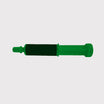 Horse Pharmacy
Horse Pharmacy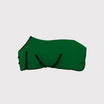 Rugs
Rugs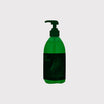 Care
Care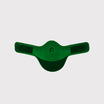 Saddle and Attachments
Saddle and Attachments Leg Protection
Leg Protection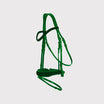 Bridles
Bridles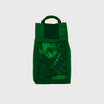 Feed
Feed Fly Masks
Fly Masks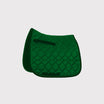 Saddle Pads
Saddle Pads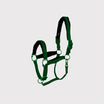 Headcollars and Ropes
Headcollars and Ropes Bits
Bits Other Disciplines
Other Disciplines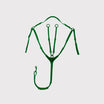 Reins and Auxiliary Reins
Reins and Auxiliary Reins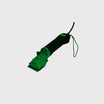 Clipping
Clipping Western
Western Eventing
Eventing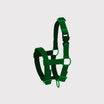 Foals
Foals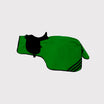 Reflection
Reflection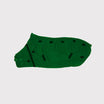 Therapy Products
Therapy Products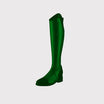 Boots and Shoes
Boots and Shoes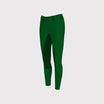 Breeches and Belts
Breeches and Belts Tops
Tops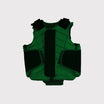 Safety
Safety Competition
Competition Heated Clothing
Heated Clothing Gloves
Gloves Socks
Socks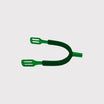 Spurs and Attachments
Spurs and Attachments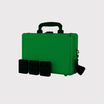 Technology
Technology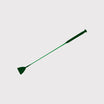 Whips
Whips Gifts
Gifts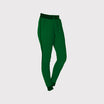 Casual Wear
Casual Wear Underwear
Underwear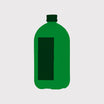 Rider Pharmacy
Rider Pharmacy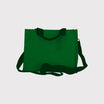 Bags
Bags Books
Books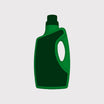 Laundry supplies
Laundry supplies Jewelry
Jewelry Feed and Waterbowls
Feed and Waterbowls Equipment
Equipment Tack Room
Tack Room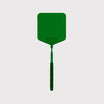 Pest Control
Pest Control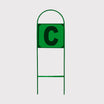 Arena
Arena Horse Toys
Horse Toys Wheelbarrows
Wheelbarrows Yard
Yard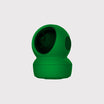 Surveillance
Surveillance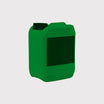 Disinfect
Disinfect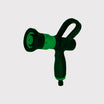 Washing Area
Washing Area Lighting
Lighting Horse Pasture
Horse Pasture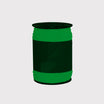 Current Conductors
Current Conductors Pole
Pole Insulators
Insulators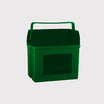 Energisers
Energisers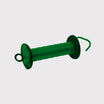 Gate Handles
Gate Handles Batteries and Accumulator
Batteries and Accumulator Nets
Nets Grounding
Grounding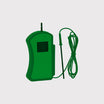 Tools
Tools Fencing Security
Fencing Security Wolf Defense
Wolf Defense Fencing Sets
Fencing Sets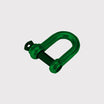 Fence locks
Fence locks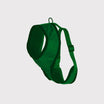 Dogs
Dogs Cats
Cats Rodents
Rodents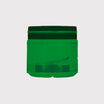 Dogs Pharmacy
Dogs Pharmacy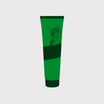 Cats Pharmacy
Cats Pharmacy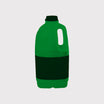 Rodents Pharmacy
Rodents Pharmacy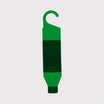 Cattle Pharmacy
Cattle Pharmacy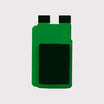 Poultry Pharmacy
Poultry Pharmacy Veterinary Supplies
Veterinary Supplies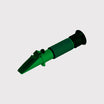 Cattle
Cattle Sheep and Goats
Sheep and Goats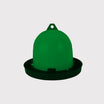 Poultry
Poultry Heat Lamps
Heat Lamps Calves
Calves Marking
Marking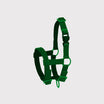 Halters
Halters